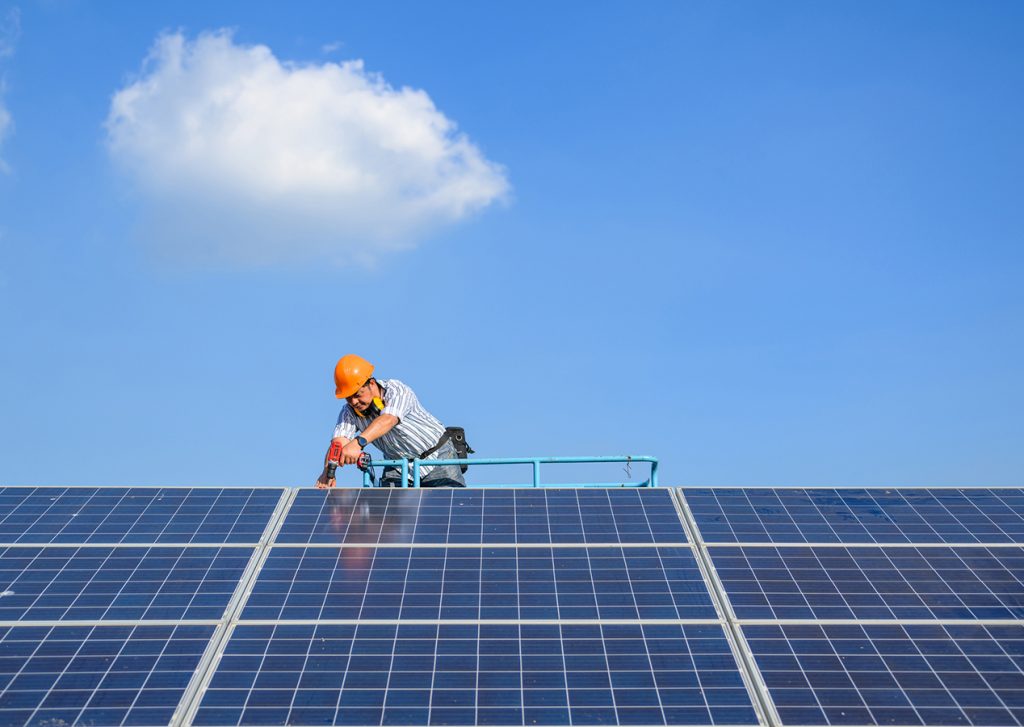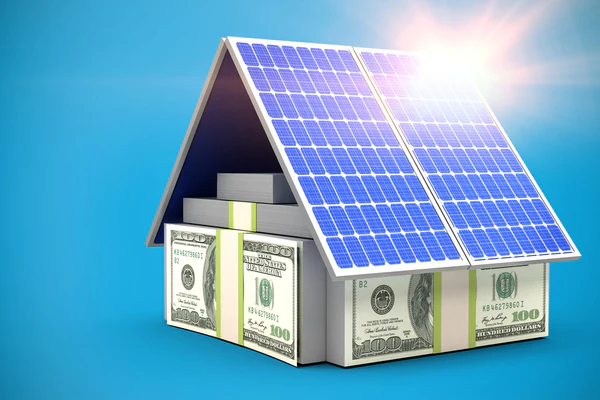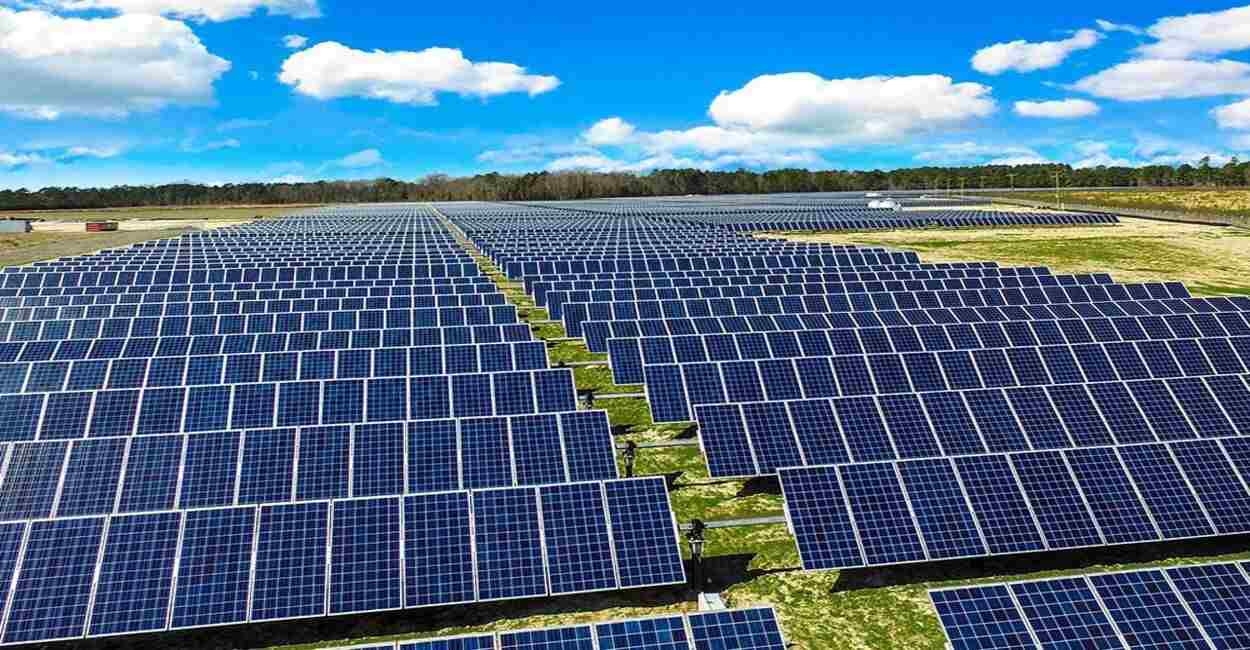Solar Energy 101: A Beginner's Guide to Sustainable Power Solutions
As the world increasingly changes towards sustainable power services, understanding the principles of solar power becomes crucial for both individuals and businesses. By checking out the benefits of solar modern technology, alongside the economic motivations and setup processes, one can get a more clear perspective on how to successfully integrate this renewable source into their energy technique.
Recognizing Solar Power
At its core, understanding solar energy includes grasping the essential principles of exactly how sunshine can be transformed right into useful electricity. Solar power is derived from the sun's radiation, which can be taken advantage of with numerous modern technologies. The primary system for this conversion is the photovoltaic or pv result. This sensation takes place when sunlight strikes semiconductor products, typically silicon-based, within solar cells. The energy from the sunshine delights electrons in the semiconductor, permitting them to move easily and create straight present (DC) power.

Comprehending solar power also includes recognizing its environmental benefits. By using sunshine, we can alleviate greenhouse gas emissions and minimize air contamination, adding to a much more sustainable future. The improvements in modern technology and performance of planetary systems proceed to enhance their viability, making solar power an increasingly attractive option for international energy needs.
Sorts Of Solar Energy Systems
Different kinds of solar power systems are generally utilized to harness solar power for electricity generation. The key classifications include photovoltaic or pv (PV) systems, focusing solar power (CSP) systems, and solar thermal systems.
Photovoltaic or pv systems use photovoltaic panels composed of silicon cells that transform sunshine directly right into electrical energy. These systems are versatile and can be mounted on rooftops, ground places, or integrated into building materials.
Concentrating Solar Power systems, on the other hand, utilize mirrors or lenses to concentrate sunshine onto a small location, generating warm that drives a steam wind turbine to generate electrical power - Simply Solar Illinois. CSP systems are generally released in large-scale nuclear power plant and require direct sunlight, making them less ideal for cloudy regions

Each kind of solar power system has its one-of-a-kind attributes, applications, and suitability depending on geographic area, energy demands, and budget plan, making it vital to review choices based on details scenarios. - Simply Solar Illinois

Advantages of Solar Power
Harnessing solar energy through different systems not only provides a sustainable means to create electricity yet also provides a wide range of benefits. Among one of the most significant benefits is the reduction in greenhouse gas emissions, adding to a cleaner setting and combating environment change. Solar power is eco-friendly, suggesting it is infinite and offered as long as the sun shines, unlike nonrenewable fuel sources, which are finite and diminishing.
In addition, solar power can cause substantial cost financial savings with time. Property owners and businesses can reduce their electricity costs substantially, and oftentimes, they may earn credit ratings for excess power created through internet metering. Furthermore, the solar industry develops tasks, from producing to installment, promoting regional economies.
Another engaging advantage is power independence. By creating their own electricity, people and communities can lower reliance on outside energy sources, boosting durability versus varying power prices and supply interruptions. Furthermore, solar power systems require very little upkeep, making them a convenient alternative for lasting power generation.
Installation Refine Introduction
The installment process for solar power systems generally entails several essential actions that make sure reliable assimilation into a residential or commercial property. Originally, a comprehensive site evaluation is conducted to examine the roof covering's orientation, shading, and structural honesty, which are essential to optimizing photovoltaic panel performance. Following this assessment, the design phase commences, where a tailored solar power system is set up based upon the homeowner's energy needs and preferences.
Once the style is completed, the essential authorizations and approvals are gotten from neighborhood authorities, making certain conformity with guidelines. The actual setup includes placing the photovoltaic panels on the roofing or ground, connecting them to an inverter, and incorporating the system with the residential property's electric configuration. This phase might additionally include setting up battery storage systems, depending upon the design.
After installation, an extensive examination is carried out to confirm the system's performance and security. Lastly, the system is commissioned, and homeowners are enlightened on its procedure and maintenance. With the installment total, the solar power system can start producing renewable resource, contributing to sustainability and decreasing utility prices. This organized approach makes certain look at this now that solar systems are both efficient and trusted, optimizing their long-term advantages.
Financial Incentives and Financial Savings
Checking out the monetary view it motivations and savings associated with solar energy systems can substantially boost the allure of making the button to eco-friendly power. One of the most remarkable rewards is the government solar tax obligation credit score, which allows homeowners to deduct a percentage of their solar system installation costs from their federal tax obligations.
Along with tax obligation credit histories, numerous states provide rebates that can further lower ahead of time expenses. Some energy business likewise supply performance-based rewards, satisfying solar energy production over time. Funding alternatives, such as solar financings and leases, permit customers to set up systems with little to no down repayment, making solar energy much more available.

Long-term cost savings are another essential element. By generating their own power, property owners can considerably reduce or even eliminate their month-to-month energy expenses. Furthermore, solar systems can boost property worths, offering a solid return on financial investment. Overall, the combination of incentives and cost savings makes solar power a financially appealing choice for numerous homes.
Conclusion
To conclude, solar energy stands for a vital component of sustainable power remedies, giving a path towards minimized carbon impacts and boosted environmental management. The diverse sorts of solar power systems, paired with substantial economic rewards, help with broader fostering amongst webpage individuals and communities. Comprehending the setup processes and advantages related to solar power empowers stakeholders to make enlightened choices. Eventually, the transition to solar power not only fosters ecological duty yet likewise promotes financial financial savings and energy independence.